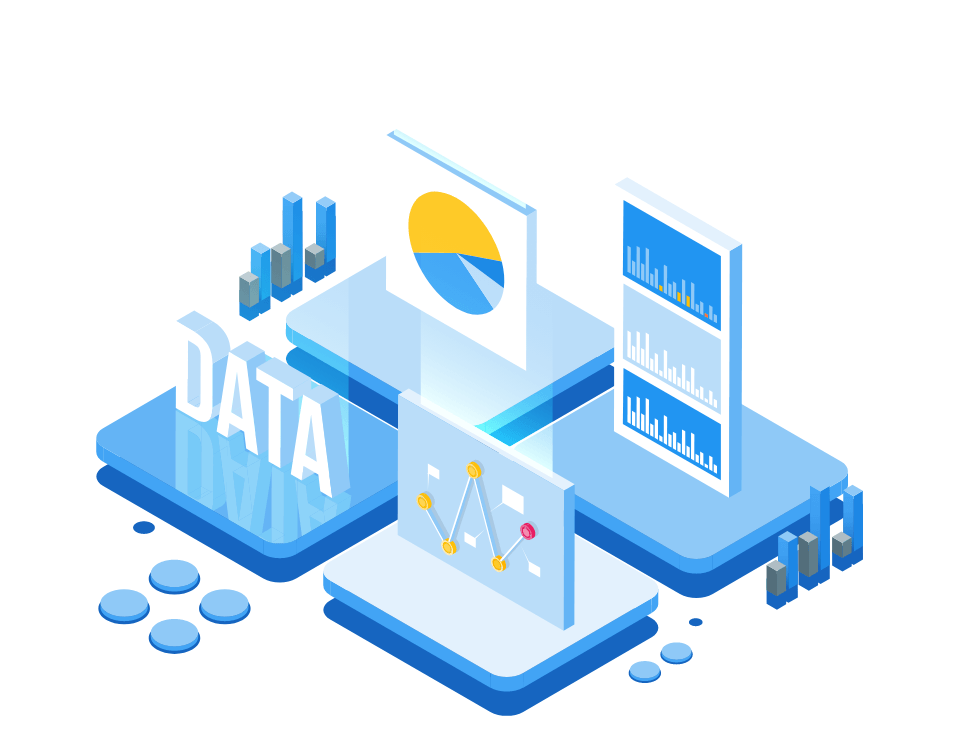Machine learning (ML) and artificial intelligence (AI) have entered the data center and are transforming how the hyperscale server farm looks as racks begin to fill with ASICs, GPUs, FPGAs, and supercomputers.
These technologies increase the available computer power for training machine learning systems, which previously required massive amounts of data processing. The ultimate goal is to create smarter applications and to improve the services you already use on a daily basis.
Human judgment and common sense alone will fall far short of the required precision and effectiveness. The only sustainable way to meet the demand for IT services on a large scale is to make all decisions based on data and use all of that data to improve outcomes. Because of the availability of vendors such as Schneider Electric, Maya Heat Transfer Technologies (HTT), and Nlyte Software that provide data center management software or cloud-based services that use machine learning, some businesses or colocation providers that don’t have the same scale or expertise have become early adopters of the technology.
According to IDC, embedded AI technology will enable 50 percent of IT assets in data centers to operate autonomously by 2022. Many overall operations in data centers, including planning and design, workloads, uptime, and cost management, can be optimized using machine learning.
Here are some of the most common applications of machine learning in data center management today:
- Making data centers more efficient
Rather than relying on software alerts, businesses can use machine learning to manage their data centers’ physical surroundings autonomously.
This would entail the software making changes to the data center’s architecture and physical layout in real-time.
- Capacity Planning
Machine learning in data centers can assist IT organizations in forecasting demand so that they do not run out of space, power, cooling, or IT resources. Algorithms can help a company determine how a transfer affects capacity at a facility, such as when consolidating data centers and moving applications and data to a centralized data center.
- Lowering the operational risk
Downtime is a critical task for data center operators, and machine learning can help predict and prevent it. Machine learning software in data center management monitors the performance data from critical components such as cooling and power management systems and forecasts when the equipment will fail. As a result, you can perform preventative maintenance on these systems and avoid costly downtime.
- Using intelligent data to reduce customer churn
Machine learning in data centers may be used by businesses to better understand their customers and possibly predict their behavior. The AI-powered data center may be able to search for and retrieve data from historical databases that aren’t typically used for CRM by integrating machine learning software with the CRM system, allowing the CRM system to develop new lead generation or customer success strategies.
- Budget Impact Analysis and Simulation
To help determine the cost of purchasing and maintaining IT equipment, this technique combines operational and performance data from data centers with financial data, particularly information on applicable taxes.
Because it can act faster than humans, machine learning can examine terabytes of historical data and apply parameters to its decisions in fractions of seconds. This is useful when monitoring all activity in a data center. Machine learning is being used to solve two major problems for vendors and data center operators: efficiency improvement and risk reduction.
For example, Digital Realty Trust, the world’s largest colocation provider with over 200 data centers, recently began testing machine learning technology. The capacity of humans to consume and process the number of underlying systems, devices, and data required to sustain the infrastructure is rapidly diminishing. Digital Realty will benefit from this because of its superior real-time processing, reaction, communication, and decision-making capabilities.
Conclusion
The basic conclusion is that data center operators have many options for utilizing AI/ML and that this number will grow as the technology becomes more affordable and advanced. A bright future lies ahead.




